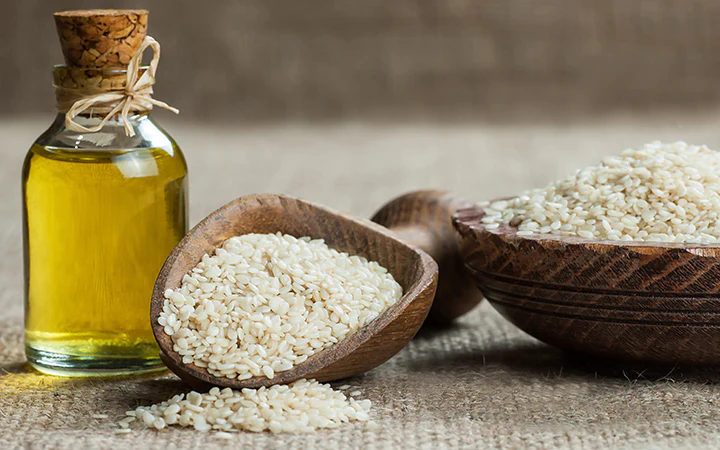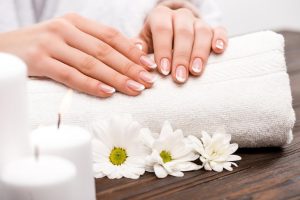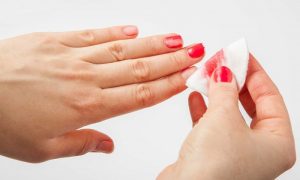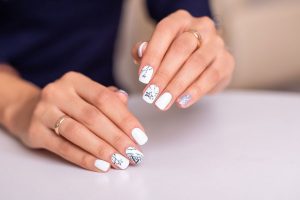
How to Remove Acne Scars Fast
Acne is a common skin condition that affects people of all ages. While breakouts can be frustrating, the aftermath of acne scars can be equally challenging to deal with. Acne scars can leave behind uneven texture and pigmentation, affecting one’s self-confidence. However, with the right approach, it is possible to minimize the appearance of acne scars and achieve clearer skin. In this article, we will explore various methods to remove acne scars fast, including home remedies, over-the-counter treatments, medical procedures, and essential lifestyle factors.
Understanding Acne Scars
Acne scars are the result of the skin’s natural healing process after severe acne breakouts. When acne lesions penetrate the deeper layers of the skin, the body produces collagen fibers to repair the damage. However, the healing process may not always be perfect, leading to different types of acne scars, such as atrophic scars (depressed or pitted scars) or hypertrophic scars (raised scars).
Prevention is Key
Preventing acne breakouts in the first place is crucial to minimizing the risk of developing acne scars. Maintaining a consistent skincare routine, avoiding picking or popping pimples, and keeping the skin clean can significantly reduce the chances of acne scars forming. Additionally, adopting a healthy lifestyle, managing stress levels, and eating a balanced diet can contribute to overall skin health.
Home Remedies for Acne Scars
Many individuals prefer natural and affordable solutions to treat their acne scars. Here are some effective home remedies that can help fade acne scars:
Lemon Juice
Lemon juice contains natural bleaching properties that can lighten acne scars over time. Squeeze fresh lemon juice and apply it directly to the scars using a cotton ball. Leave it on for a few minutes, then rinse off with lukewarm water. Repeat this process regularly for best results.
Aloe Vera
Aloe vera gel is known for its soothing and healing properties. Apply pure aloe vera gel to the acne scars and massage gently. Leave it on for 30 minutes before rinsing it off. Aloe vera can help reduce inflammation and promote skin regeneration.
Honey
Honey is a natural humectant with antibacterial properties. Apply a thin layer of raw honey to the acne scars and leave it on for 10-15 minutes. Rinse off with warm water. Regular use of honey can help fade scars and moisturize the skin.
Coconut Oil
Coconut oil is rich in fatty acids and antioxidants that can nourish the skin and promote healing. Gently massage organic coconut oil onto the scars and leave it on overnight. Rinse off in the morning. Coconut oil can improve the appearance of acne scars with consistent use.
Baking Soda
Baking soda acts as an exfoliant, helping to remove dead skin cells and promote cell turnover. Mix baking soda with water to create a paste and apply it to the scars. Leave it on for a few minutes, then rinse off. Use this remedy with caution and avoid if you have sensitive skin.
Over-the-Counter Treatments
If home remedies do not provide the desired results, over-the-counter treatments can be an effective option for addressing acne scars. Here are some commonly used treatments:
Topical Creams
There are various over-the-counter creams and gels available that contain ingredients like retinoids, hydroquinone, or alpha hydroxy acids (AHAs). These ingredients can help fade acne scars and improve skin texture when used consistently.
Silicone Sheets
Silicone sheets are placed directly on the skin and help flatten and fade acne scars over time. They create a protective barrier that keeps the scars hydrated and promotes healing.
Vitamin C Serums
Vitamin C is an antioxidant that can brighten the skin and fade acne scars. Look for serums or creams containing stable forms of vitamin C and apply them daily to the affected areas.
Medical Procedures for Acne Scars
For more severe or stubborn acne scars, medical procedures performed by dermatologists or skincare professionals may be necessary. These procedures can provide more dramatic results. Here are a few options:
Chemical Peels
Chemical peels involve the application of a chemical solution to exfoliate the top layers of the skin. This process stimulates new skin cell growth, resulting in improved texture and reduced appearance of acne scars.
Microdermabrasion
Microdermabrasion is a non-invasive procedure that uses a handheld device to exfoliate the outermost layer of the skin. It helps remove dead skin cells and stimulates collagen production, reducing the appearance of acne scars.
Microneedling
Microneedling, also known as collagen induction therapy, involves using tiny needles to create controlled micro-injuries in the skin. This process stimulates collagen production and helps improve the texture and appearance of acne scars.
Laser Therapy
Laser therapy uses high-energy laser beams to target and break down scar tissue. This treatment promotes collagen remodeling and can significantly reduce the appearance of acne scars.
Lifestyle Factors and Skincare Routine
In addition to the treatments mentioned above, incorporating certain lifestyle factors into your routine can help improve the overall condition of your skin and enhance the results of acne scar treatments. Consider the following:
Diet and Hydration
Maintaining a balanced diet rich in vitamins, minerals, and antioxidants can support skin health. Drink an adequate amount of water daily to keep the skin hydrated and promote its natural healing processes.
Proper Cleansing and Exfoliation
Cleanse your face twice a day using a mild cleanser suitable for your skin type. Exfoliate regularly to remove dead skin cells and promote cell turnover, but avoid over-exfoliation, which can irritate the skin.
Sun Protection
Protecting your skin from the sun’s harmful UV rays is essential, as sun exposure can worsen the appearance of acne scars. Apply sunscreen with at least SPF 30 before going outside and wear protective clothing.
Regular Moisturization
Keep your skin moisturized to maintain its elasticity and promote healing. Choose a non-comedogenic moisturizer suitable for your skin type.
Conclusion
Dealing with acne scars can be challenging, but with the right approach, you can significantly reduce their appearance and achieve clearer, smoother skin. Whether you opt for home remedies, over-the-counter treatments, or medical procedures, consistency and patience are key. Additionally, adopting a healthy lifestyle and following a proper skincare routine can enhance the effectiveness of acne scar treatments. Remember, results may vary depending on the severity of the scars and individual skin type, so it’s always best to consult with a dermatologist for personalized advice and treatment options.
FAQs
Can I remove acne scars overnight?
No, removing acne scars takes time and consistency. Overnight solutions may provide temporary improvements, but significant results require continuous effort and appropriate treatments.
Are home remedies effective for severe acne scars?
Home remedies can help improve the appearance of mild to moderate acne scars. However, severe scars may require professional treatments for more noticeable results.
How long does it take to see results with over-the-counter treatments?
The time it takes to see results with over-the-counter treatments can vary. Generally, it may take several weeks to months of consistent use before noticeable improvements occur.
Are medical procedures painful?
Medical procedures for acne scars are usually performed under local anesthesia to minimize discomfort. However, pain tolerance and individual experiences may vary.
Should I consult a dermatologist before trying any treatments?
Yes, it is recommended to consult a dermatologist before trying any treatments for acne scars. They can assess your skin condition, recommend suitable treatments, and guide you through the process for optimal results.








